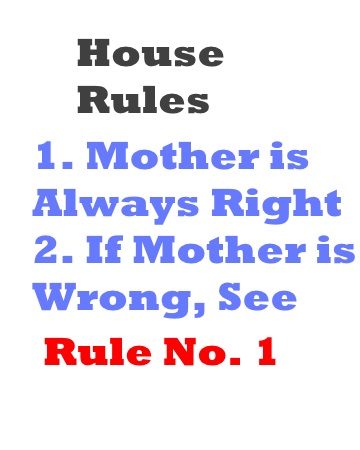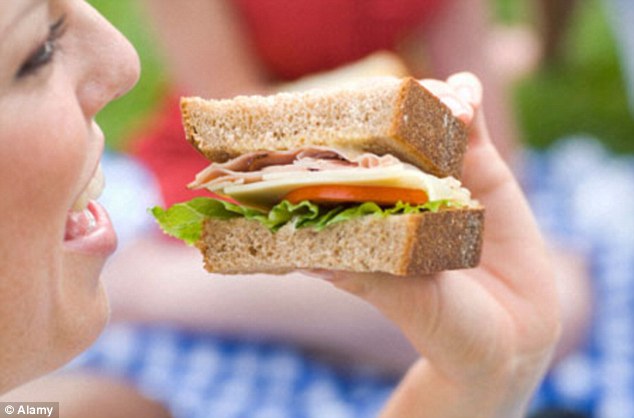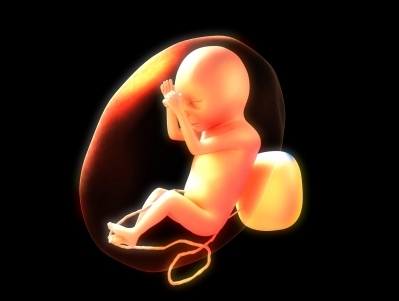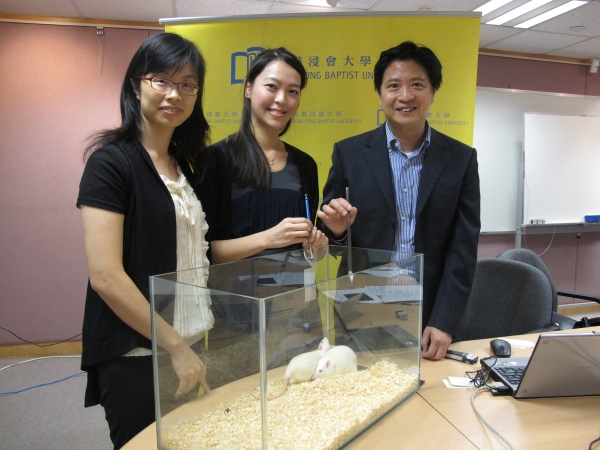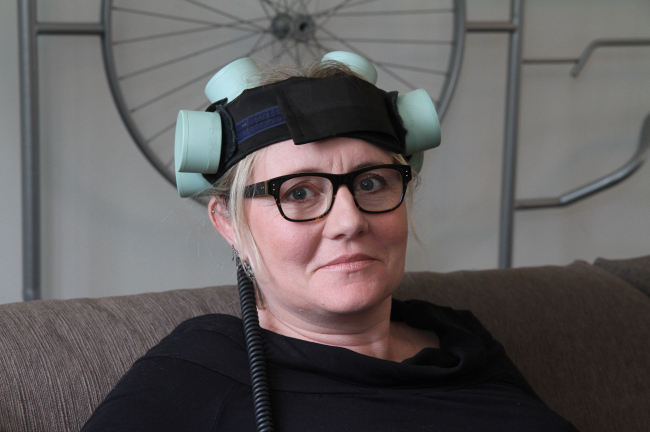Mother was right!
Your mother was right when she told you not to wolf down your food, research suggests. People who eat more slowly feel fuller and think they have eaten more than those who eat quickly, tests showed. Previous studies have found that slower eaters have lower BMIs – body mass index - than those who gobble down their grub. But the reason why eating slowly is linked to being thinner has, so far, been poorly understood. To investigate whether how quickly we eat influences how hungry we feel afterwards, researchers from the University of Bristol fed volunteers Sainsbury’s tomato soup through a tube into their mouths.
This set-up prevented the researchers from judging visually how much soup had been eaten. The participants then had 400ml of soup pumped into their mouths at two rates. One was at a fast rate of 11.8ml for two seconds, followed by a four second pause. The other, the slow rate, was 5.4ml of soup for one second followed by a ten-second pause. The 40 volunteers, who were paid £15, were then asked how full they felt at the end of the meal and two hours after. Those who took the soup more slowly said they felt fuller than the fast eaters both immediately after the test and two hours later. The slow eaters also overestimated how much they had eaten – guessing that on average they had eaten 108ml more soup than the other group. The scientists believe that further research is now needed into whether eating more slowly leads to us snacking less. They speculate that thinking we are full may keep the weight off because it makes us less likely to start eating - but once we start we eat just as much as when we feel hungry. In the experiment, both the slow and the fast eaters were asked to taste two different kinds of biscuits - custard creams and chocolate chip cookies - in what was purported to be a ‘taste test’. Both groups ate roughly the same number of biscuits. The researchers believe that a further experiment, where volunteers are not ‘forced’ to eat biscuits but allowed to eat without being prompted, could result in less snacking. Previous research into ‘satiety’, as scientists call feeling fuller, has shown that how we feel is just one aspect in the complex picture of appetite.
Environmental prompts, such as the smell of a juicy steak. can throw us off course by stimulating our appetite and leading us to eat even when we don’t feel hungry. Ann McDonald, a researcher at Harvard University, who was unconnected with the new study, said as well as our own perception of hunger, hormones in the stomach have a role to play in our feelings of fullness. The hormone leptin, which is produced by fat cells, sends a signal to the brain based on how much fat we have just eaten and how much is stored in our body. Other hormones are produced by the stomach based on how ‘stretched’ it feels. Research has shown that leptin - together with the other hormones - then interacts with the ‘feel-good’ hormone dopamine in the brain to create a feeling of pleasure and fullness after eating. People who eat too quickly do not give this hormonal system a chance to work, she argues. While exactly how eating slowly keeps the pounds off is still to be discovered, she writes: ‘People who are trying to lose weight may want to start by chewing more slowly. In that way, they allow themselves enough time to experience pleasure and satiety.’ Written By Colin Fernandez Retrieved From:
|
|





